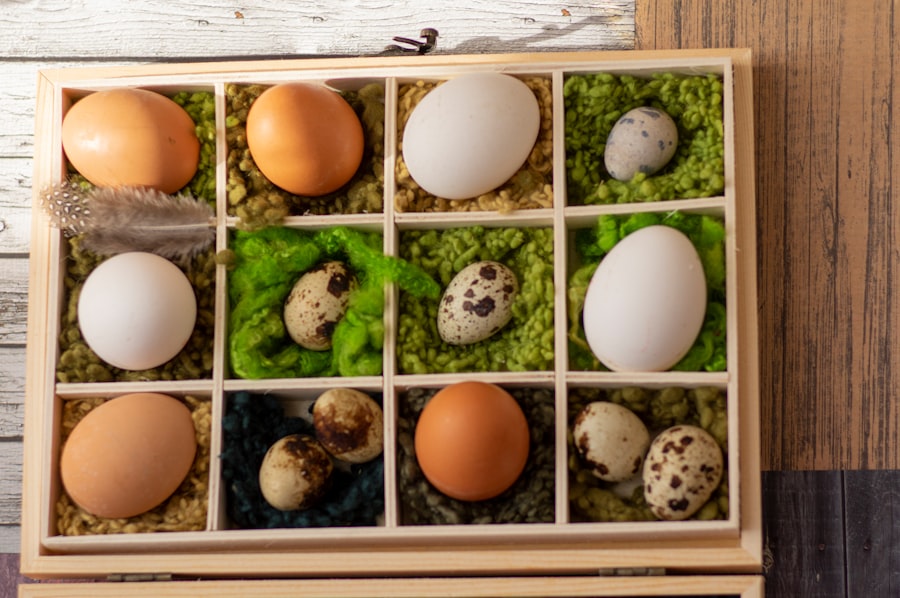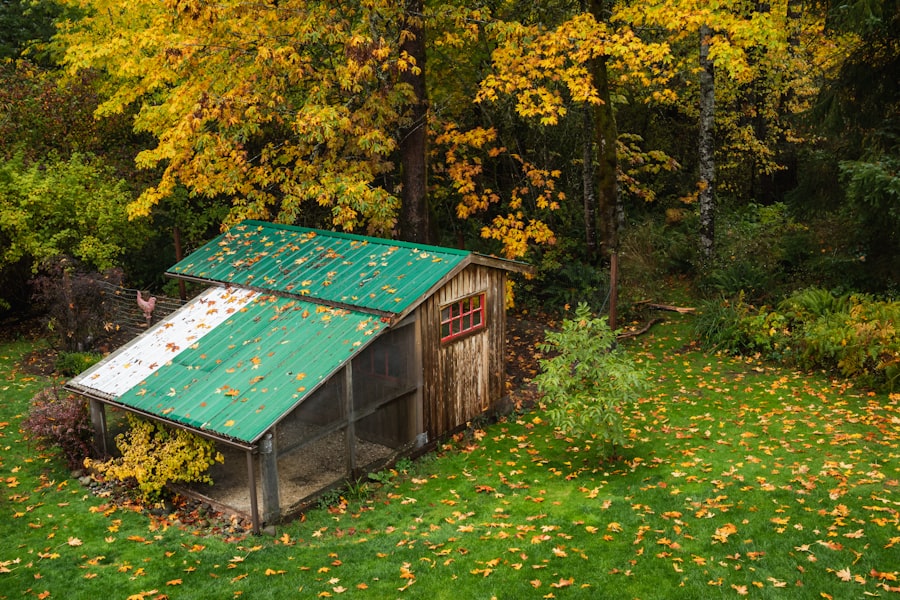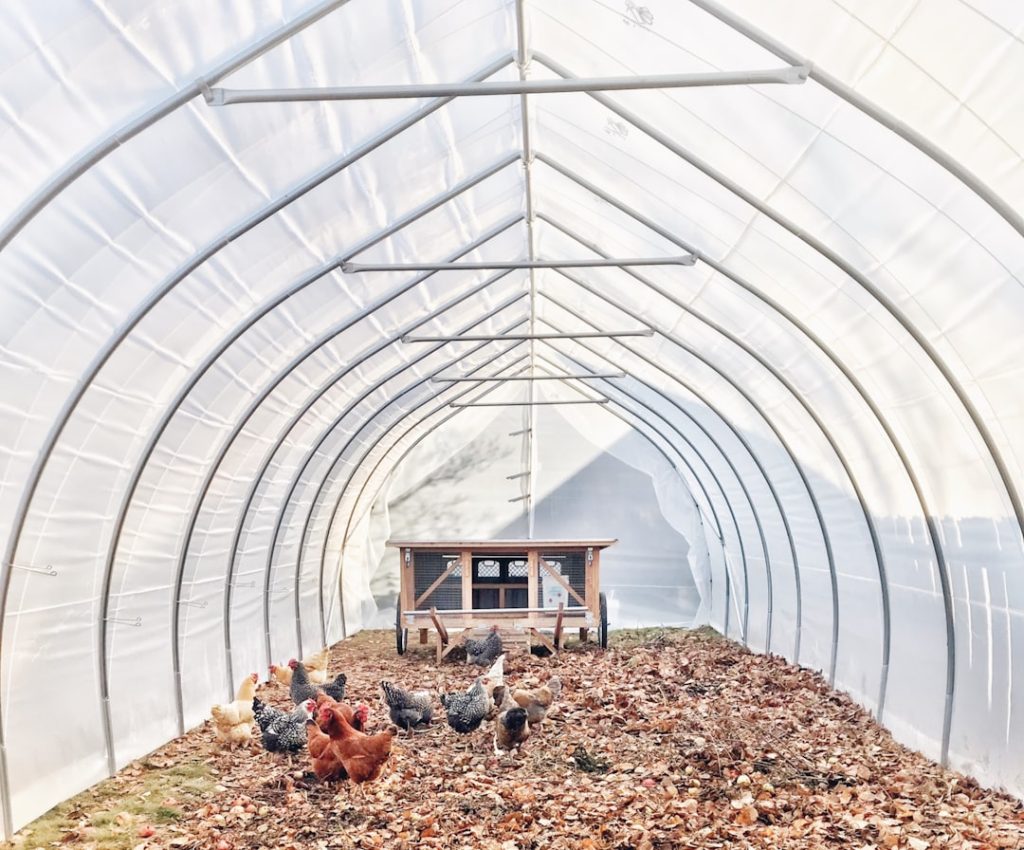Deer, while aesthetically pleasing in their natural habitat, can pose significant challenges for gardeners and agricultural professionals. Their feeding habits often result in extensive damage to crops and ornamental plants, leading to economic losses. Various deer deterrent methods have been employed, including physical barriers, chemical repellents, and auditory or visual scare devices.
Recently, an alternative approach has gained attention: utilizing chickens as a means of deer control. Chickens, primarily known for their egg and meat production, have demonstrated potential in mitigating deer-related issues. This article examines the interaction between chickens and deer, the effectiveness of chickens as a deer deterrent, possible disadvantages of this method, practical implementation strategies, and additional deer control techniques.
By exploring these topics, readers can gain a comprehensive understanding of this unconventional approach to deer management and its place among other established deterrent methods.
Table of Contents
Key Takeaways
- Chickens can be a natural and effective way to keep deer away from gardens and crops.
- Chickens can help deter deer by making noise, spreading their scent, and eating insects that attract deer.
- Potential drawbacks of using chickens to deter deer include the risk of chickens being harmed by predators and the need for proper fencing.
- Tips for using chickens to keep deer away include providing proper shelter and food for the chickens, and using them in combination with other deterrent methods.
- Other methods for deterring deer include using fencing, repellents, and planting deer-resistant plants.
The relationship between chickens and deer
Chickens as Natural Deterrents
Chickens are natural foragers and will peck at the ground to find insects, seeds, and other small creatures. In doing so, they disturb the soil and create a noisy and active environment. This can be off-putting to deer, who prefer quiet and undisturbed areas for feeding. Additionally, chickens are known to be territorial animals and will defend their space against intruders, including deer. Their clucking and flapping can startle deer and deter them from entering the area.
Deer Benefits from Chicken Presence
On the other hand, deer can also benefit from having chickens around. Chickens can help control the tick population, which is a common parasite for deer. By eating ticks and other pests, chickens can indirectly contribute to the health of the deer population.
Challenges and Considerations
However, the presence of deer can also pose a threat to chickens. Deer are known to eat chicken feed and can trample over chicken coops and enclosures. This can lead to stress and potential harm to the chickens. Therefore, it is important to carefully consider the dynamics between chickens and deer before implementing this method.
How chickens can help keep deer away

Chickens can play a significant role in keeping deer away from gardens and crops. Their natural foraging behavior creates a noisy and active environment that can deter deer from entering the area. Additionally, their territorial nature means that they will defend their space against intruders, including deer.
The clucking and flapping of chickens can startle deer and make them think twice about entering a particular area. Furthermore, the presence of chickens can disrupt the quiet and undisturbed environment that deer prefer for feeding. This combination of factors makes it less appealing for deer to venture into an area where chickens are present.
Another way that chickens can help keep deer away is by controlling the tick population. Ticks are a common parasite for deer, and by eating ticks and other pests, chickens indirectly contribute to the health of the deer population. This mutual benefit creates a natural balance that can help deter deer from entering an area where chickens are present.
Potential drawbacks of using chickens to deter deer
While using chickens to deter deer can be effective, there are also potential drawbacks to consider. One of the main concerns is the safety of the chickens themselves. Deer are known to eat chicken feed and can trample over chicken coops and enclosures.
This can lead to stress and potential harm to the chickens. Additionally, if the chickens are not properly protected, they may become easy prey for predators that are attracted to the area by the presence of deer. Another potential drawback is the impact on the garden or crops.
While chickens can help keep deer away from these areas, they may also cause damage themselves. Chickens are natural foragers and may peck at plants or scratch up the soil in search of insects. This behavior can be detrimental to delicate plants or seedlings.
Furthermore, using chickens to deter deer may not be practical for everyone. Not everyone has the space or resources to keep chickens, and some areas may have restrictions on keeping poultry. It is important to carefully consider these potential drawbacks before deciding to use chickens as a method for deterring deer.
Tips for using chickens to keep deer away
If you are considering using chickens to keep deer away, there are several tips to keep in mind to ensure success. First, it is important to provide adequate protection for the chickens. This includes secure coops and enclosures to keep them safe from predators and from being trampled by deer.
Additionally, providing proper fencing around the garden or crops can help keep both the chickens and the plants safe from potential damage. It is also important to consider the breed of chickens you choose for this purpose. Some breeds are more aggressive and territorial than others, which can make them more effective at deterring deer.
Additionally, providing a diverse environment for the chickens with plenty of natural foraging opportunities can help create a dynamic and active space that is less appealing to deer. Finally, it is important to regularly monitor the interactions between the chickens and deer. Observing their behavior can help you make adjustments as needed to ensure that both the chickens and the garden or crops are protected.
Other methods for deterring deer

Fencing as a Physical Barrier
One common method is using fencing to create a physical barrier between the garden or crops and the deer. There are various types of fencing available, including electric fencing, which can be an effective deterrent for deer.
Repellents and Scare Tactics
Another method is using repellents to discourage deer from entering an area. There are many commercial repellents available, as well as homemade options using ingredients such as garlic, hot peppers, or predator urine. Scare tactics can also be effective in deterring deer. This includes using noise-making devices, motion-activated sprinklers, or visual deterrents such as scarecrows or reflective tape.
Deer-Resistant Plants
Finally, planting deer-resistant plants can help minimize damage from deer in the first place. There are many plants that are less appealing to deer due to their taste or scent, which can help protect your garden or crops without relying solely on deterrent methods.
Conclusion and final thoughts
Using chickens to deter deer is an unconventional but effective method that has gained popularity in recent years. The relationship between chickens and deer is complex, with both species benefiting from each other’s presence in different ways. Chickens can help keep deer away by creating a noisy and active environment, as well as by controlling the tick population that affects deer.
However, there are potential drawbacks to consider, including the safety of the chickens themselves and potential damage to plants or crops. If you decide to use chickens as a method for deterring deer, it is important to provide adequate protection for the chickens and carefully consider their breed and environment. Additionally, there are other methods that can be used in conjunction with or instead of using chickens, such as fencing, repellents, scare tactics, and planting deer-resistant plants.
In conclusion, using chickens to deter deer can be an effective and natural way to protect your garden or crops from damage. By understanding the dynamics between chickens and deer and taking appropriate precautions, you can create a balanced environment that benefits both species while minimizing damage to your property.
If you’re interested in learning more about how chickens can help keep deer away, check out this article on how big a coop needs to be for a chicken. It provides valuable information on the space requirements for chickens and how to create a suitable environment for them to thrive.
FAQs
What are some natural ways to keep deer away from a garden?
Some natural ways to keep deer away from a garden include using strong-smelling plants, installing fencing, using motion-activated sprinklers, and allowing chickens to roam the area.
Do chickens keep deer away?
Chickens can help keep deer away from a garden or yard by making noise and creating movement, which can deter deer from entering the area.
How do chickens help in keeping deer away?
Chickens can help keep deer away by making noise, scratching the ground, and moving around the area, which can make deer feel uneasy and less likely to enter the space.
Are there any downsides to using chickens to keep deer away?
One potential downside of using chickens to keep deer away is that chickens may also cause damage to the garden or yard by scratching and pecking at plants.
What are some other benefits of having chickens in the garden?
In addition to potentially keeping deer away, chickens can also provide natural pest control by eating insects and other garden pests, as well as producing fertilizer through their droppings.
Meet Walter, the feathered-friend fanatic of Florida! Nestled in the sunshine state, Walter struts through life with his feathered companions, clucking his way to happiness. With a coop that’s fancier than a five-star hotel, he’s the Don Juan of the chicken world. When he’s not teaching his hens to do the cha-cha, you’ll find him in a heated debate with his prized rooster, Sir Clucks-a-Lot. Walter’s poultry passion is no yolk; he’s the sunny-side-up guy you never knew you needed in your flock of friends!







